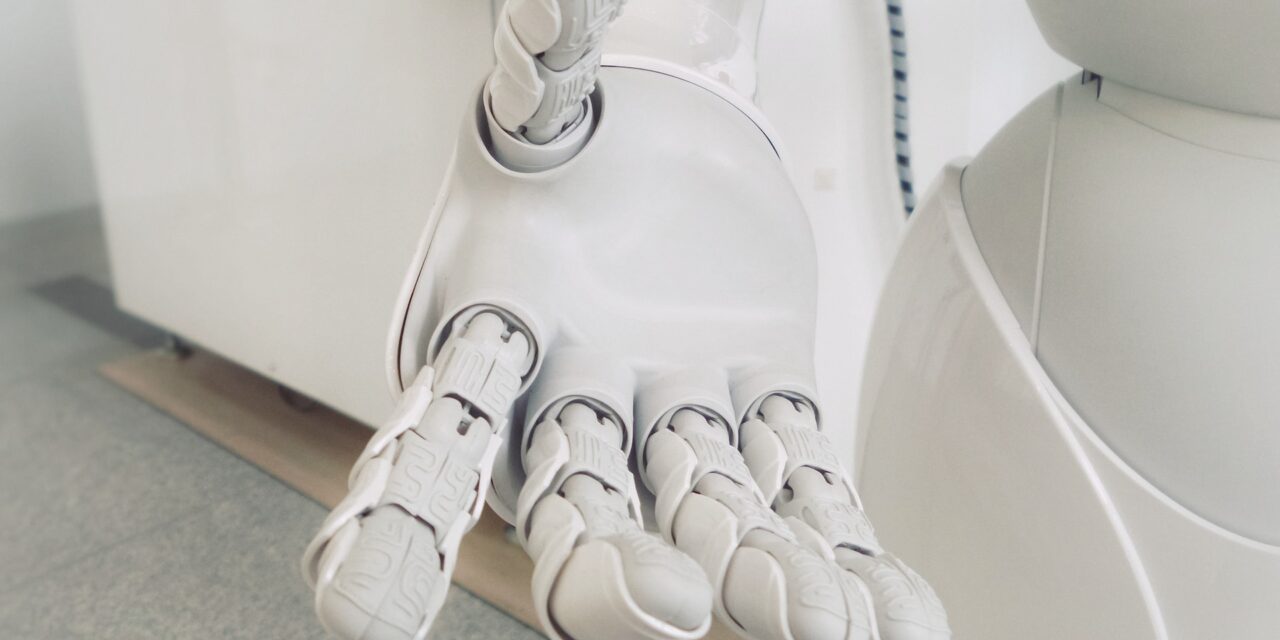If you own a manufacturing company and want to stay ahead of the competition, you should embrace AI. Jobs in AI are proving popular and are set to increase, AI is no longer a trend; it’s a transformative force reshaping the manufacturing landscape. Companies that don’t want to adopt AI risk falling behind in their production. Keep reading to learn why your company needs to use AI to boost production.
- Increased Efficiency
In the manufacturing industry, every moment counts. The need for efficiency is relentless and you need a tool that can help you improve it. This is where AI comes in. It can process and analyze vast amounts of data with incredible speed.
Companies that tap this power optimize the production processes in unimaginable ways. With AI, your production line will become an efficient, well-oiled machine that meets market demands. According to a study by McKinsey, AI can improve manufacturing productivity by up to 0.6%.
Manufacturing operations often face bottlenecks that can slow down the entire production cycle. Identifying and addressing these bottlenecks promptly is crucial. You can think of AI as your vigilant watchdog. It will consistently monitor the manufacturing process for signs of slowdowns. It will also detect deviations from the expected production rate and instantly pinpoint the source of the problem. This can translate into substantial cost savings.
AI can also enhance energy efficiency by optimizing machine operations. With the ability to monitor and adjust energy consumption in real-time, you can significantly reduce your energy bills. Over time, these savings may add up, leading to a healthier bottom line.
- Predictive Maintenance
Maintaining machinery and equipment is a crucial aspect of manufacturing. However, traditional maintenance approaches can be costly. This is where AI’s predictive maintenance capabilities come to the forefront.
Traditional maintenance schedules often rely on routine check-ups or time-based assessments. Predictive maintenance, however, hinges on the idea of maintaining equipment based on its actual condition rather than a predetermined schedule.
AI, with its data analysis capabilities, makes this possible. By collecting and analyzing data from sensors, machinery, and historical records, it can predict when a piece of equipment is likely to fail. It can also give a specific timeframe for maintenance. This means you can focus your efforts and resources on the right equipment at the right time. In the end, you’ll avoid downtimes and reduce unnecessary maintenance costs.
Predictive maintenance doesn’t just prevent downtime; it also makes your maintenance process more inexpensive. You can plan maintenance during scheduled downtimes, avoiding costly emergency repairs. Moreover, AI’s predictive capabilities can help you extend the lifespan of your equipment by ensuring that maintenance happens exactly when it’s needed.
Research by the U.S. Department of Energy shows that predictive maintenance can reduce maintenance costs by up to 30%, illustrating the financial impact this strategy can have on your bottom line.
- Real-Time Insights And Adaptability
Manufacturing, like life, is full of surprises. Market trends shift, consumer demand fluctuates, and unexpected disruptions can occur. To navigate this ever-changing landscape, you need real-time insights and adaptability, which AI delivers with remarkable precision.
AI can provide your manufacturing company with real-time insights into its operations. It will continuously collect, process, and analyze data from various sources, including sensors, market reports, and even social media. With this real-time data, you can make informed decisions to streamline your processes, improve product quality, and respond promptly to market changes.
Imagine having a dashboard that gives you an up-to-the-minute view of your entire manufacturing process, from raw material inventory to finished product distribution. With such information, you can identify issues before they escalate, ultimately saving time and resources.
Manufacturing companies also need to stay ahead of consumer preferences and market trends. AI’s adaptability to changing market trends and consumer demands is one of its greatest strengths. It can analyze market data, consumer behavior, and competitor strategies to help you adjust your production lines accordingly.
For instance, if a sudden trend emerges for a specific product variant, AI can help you swiftly reconfigure your manufacturing process to meet this demand. This adaptability can be a game-changer as it will help you to combat risks in turbulent times.
The Bottom Line
AI can significantly impact your manufacturing company. Using it will let you increase efficiency, get real-time insights, and gain superior quality control. AI adoption will also enhance your competitiveness and bolster your brand’s image. Explore AI solutions for your manufacturing business today to take advantage of these benefits.


















